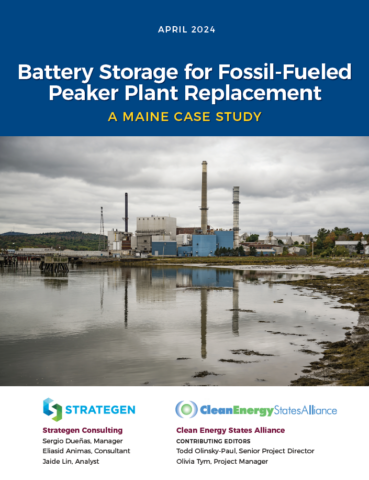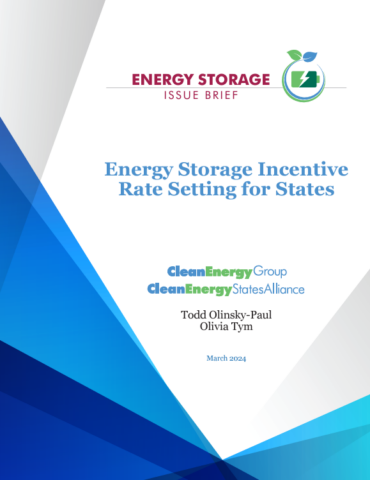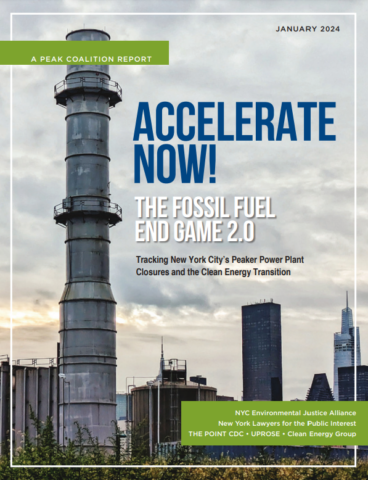Report
Clean hydrogen has received a lot of interest for its potential use as a tool for decarbonization but has also prompted a lot of concerns. Hydrogen production and use can have serious consequences on water supplies, particularly in areas already facing water scarcity. The production of green hydrogen, as well as certain end uses, can…
This report measures and tracks the growth of CEG’s Resilient Power Funding Programs over the past year, and our progress towards goals such as awarding 50% of funding to BIPOC-led organizations. The report includes an overview of the 2023 awardees, representing 17 states and 38 community service partners.
This report describes the pressing need for climate smart technology in affordable housing in Connecticut and beyond. Investing in climate smart technology for affordable housing is crucial to ensure the safety and well-being of residents who rely on home medical devices (HMDs). By enhancing the resilience of these buildings, Connecticut can better protect medically vulnerable…
This guide is meant to serve as a starting point to establish a foundation of understanding for individuals and organizations beginning to explore solar+storage options for their homes, businesses, or community facilities.
Clean Energy Group ha publicado una traducción al español de una nueva guía que aborda las preguntas más frecuentes sobre la energía solar fotovoltaica y las tecnologías de almacenamiento de baterías (Solar+Almacenamiento).
This is the Spanish language version of CEG’s Solar+Storage Checklist, designed to serve as a starting point for individuals and organizations who are considering implementing a solar+storage project, with seven simple steps to begin the process.
This checklist is intended to serve as a starting point for individuals and organizations who are considering implementing a solar+storage project, with seven simple steps to begin the process.
This analysis demonstrates that battery storage can cost effectively replace aging fossil-fueled peaker power plants in New England.
This issue brief provides recommendations and guidance on incentive rate-setting for states seeking to develop distributed (behind-the-meter) energy storage incentive programs. It is intended to help states decide how to structure incentive programs and how to set incentive rates.
This report outlines the negative impacts that peaker power plants are having on NYC communities, challenges and barriers impeding the speed of the transition, and pathways forward to accelerate the transition to clean alternatives.














